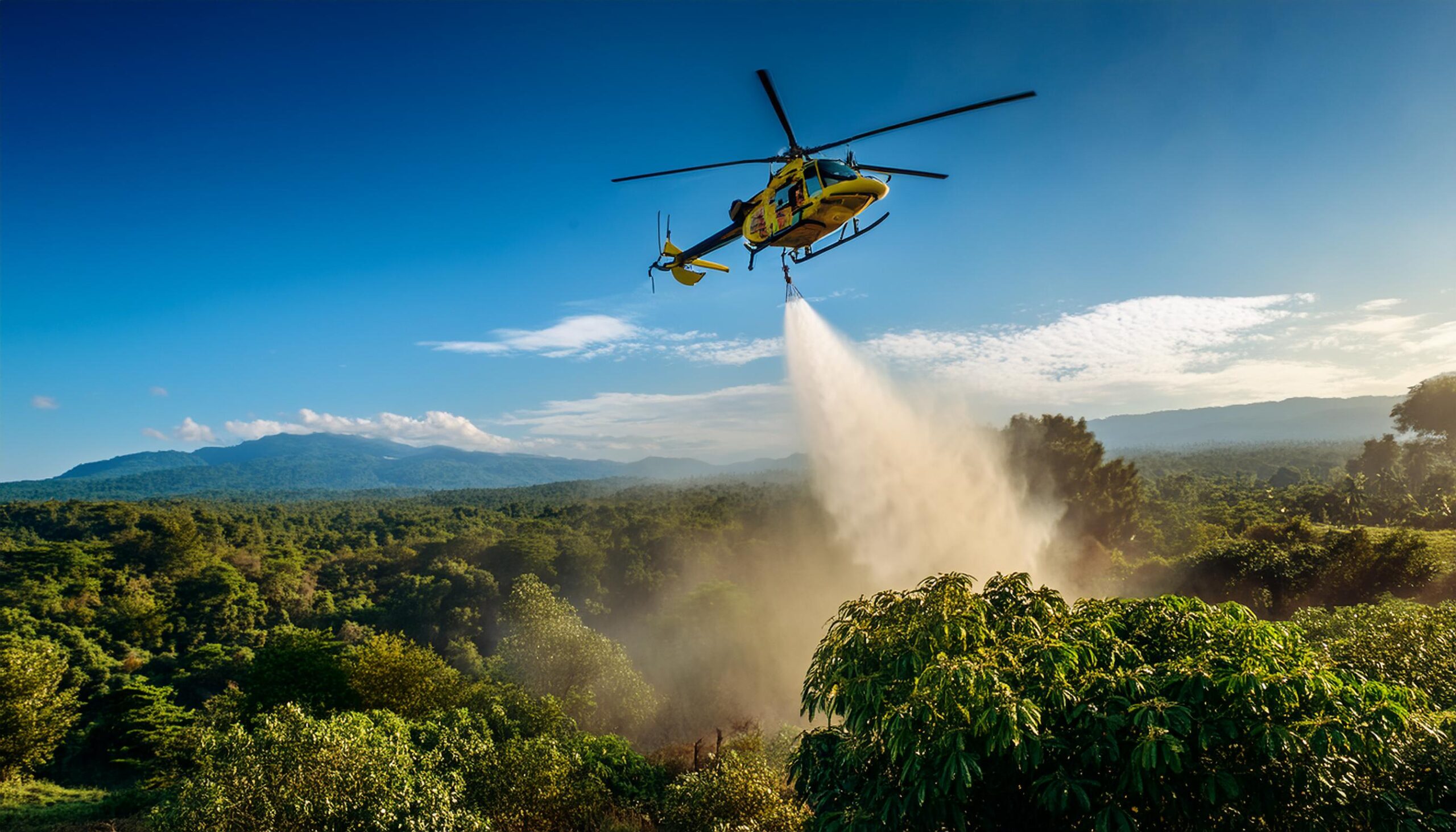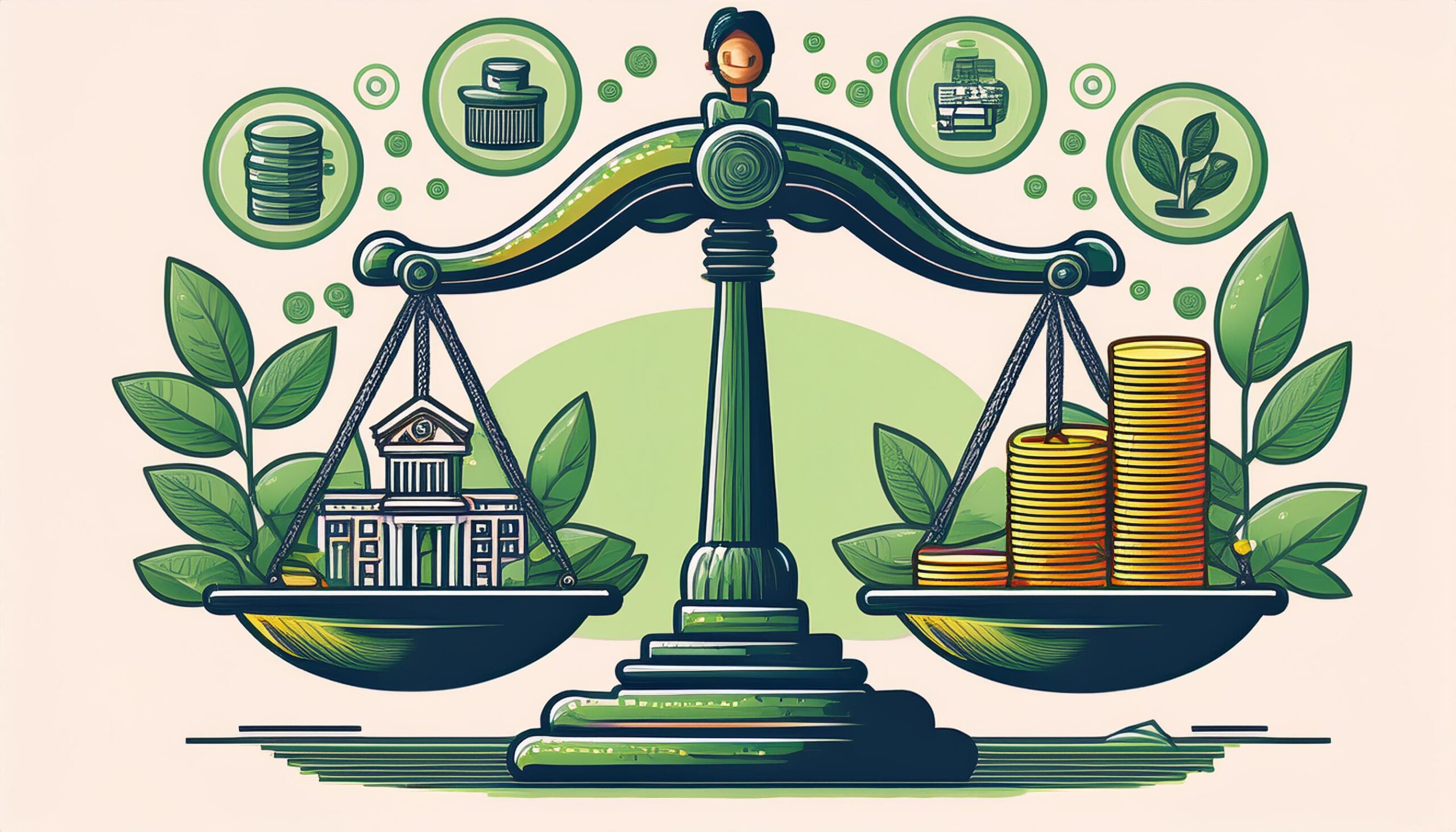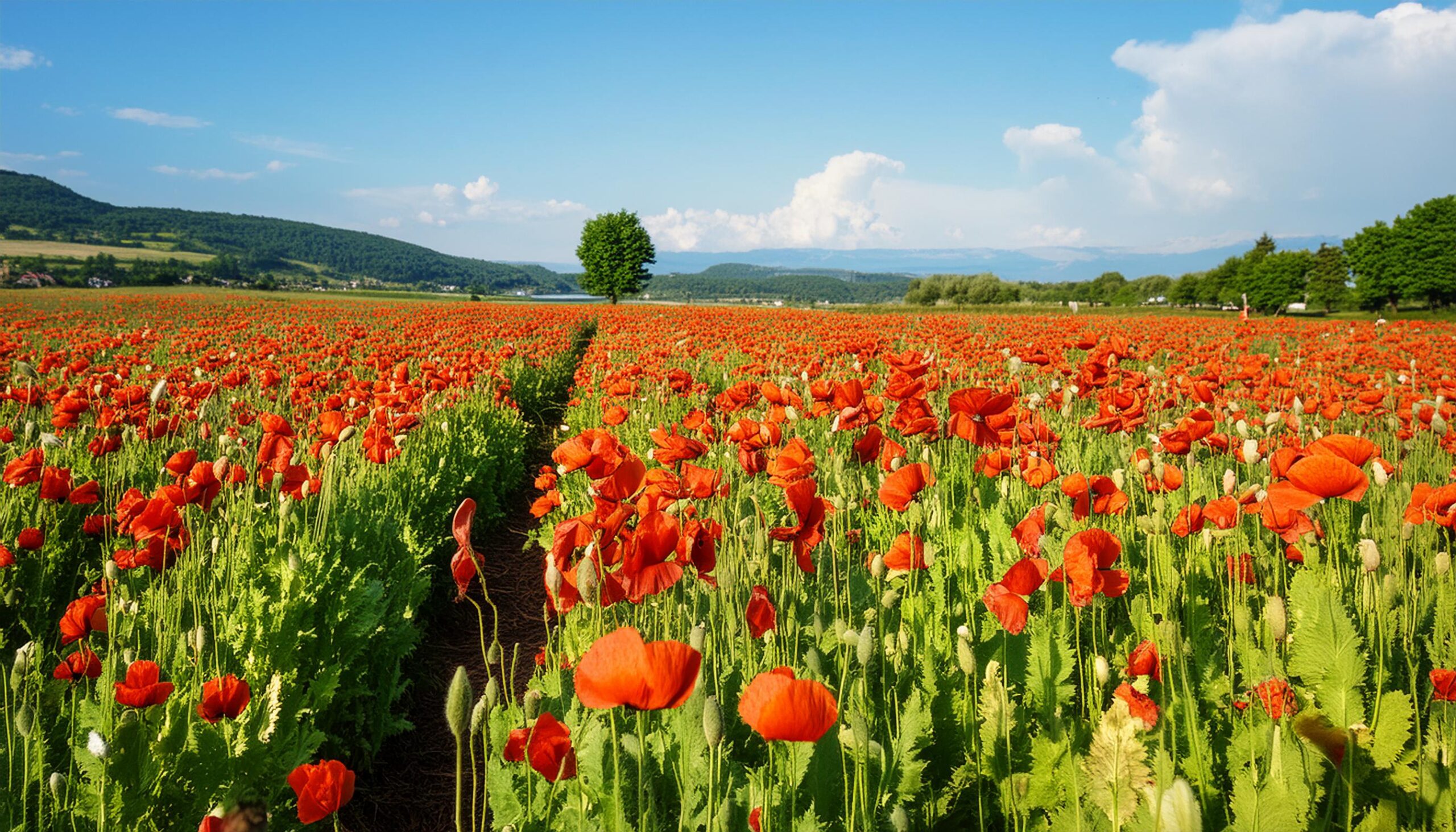-

The War on Drugs: A Catalyst for Poverty and National Health Crisis in Marginalized Communities
The War on Drugs, a policy framework initiated in the early 1970s, has long been touted as a strategy to combat illegal drug trade and usage. However, decades of enforcement reveal a starkly different reality—one where marginalized communities bear the brunt of its consequences, exacerbating poverty and undermining the nation’s health. This article delves into…
-

Misclassification of Opioid Overdose Deaths: The Overlooked Role of Illicit Drugs
The opioid crisis has been a devastating public health emergency, with overdose deaths skyrocketing in the United States over the past two decades. A significant part of the public narrative around this crisis has focused on the role of prescription opioids like OxyContin and Vicodin. However, emerging evidence suggests that the data on opioid overdose…
-

The Impact of the Drug War on Indigenous Communities
The global war on drugs has had far-reaching consequences, but few communities have been as disproportionately affected as indigenous peoples. From the erosion of traditional practices to the violence inflicted by militarized enforcement, indigenous communities have faced a myriad of challenges. This article explores the historical and current impacts of the drug war on these…
-

The Illicit Markets of Illicit Substances: A Hypothetical Analysis of Legalization and Regulation
The debate over the legalization and regulation of illicit substances has gained momentum in recent years, with proponents arguing that such measures could lead to numerous social, economic, and public health benefits. This discussion often draws parallels with the legalization of alcohol, which transitioned from a prohibited substance during the Prohibition era in the United…
-

Public Health Consequences of the War on Drugs: A Comprehensive Report
Executive Summary The war on drugs has had significant public health implications, impacting individuals, communities, and healthcare systems globally. This report provides an in-depth analysis of these consequences, focusing on the spread of infectious diseases, the increase in drug-related mortality and morbidity, the challenges in accessing healthcare, and the psychological effects on populations. By examining…
-

The Economic Costs and Impact on Development of the War on Drugs: A Comprehensive Report
Executive Summary The global war on drugs has had extensive economic ramifications that extend beyond the direct costs of law enforcement and interdiction efforts. This report explores the broader economic impacts, including the diversion of public funds, the economic burden on healthcare and legal systems, the effects on labor markets, and the hindrance to sustainable…
-

The Environmental and Climate Impacts of the War on Drugs: A Comprehensive Analysis
Executive Summary The global war on drugs has profound implications that extend far beyond public health and social issues. It has also had a significant and often detrimental impact on the environment and climate. This report provides a detailed examination of the environmental consequences associated with drug cultivation, production, and eradication efforts, as well as…
-

The Economic Benefits of Legalizing and Regulating All Illicit Substances
The debate surrounding the legalization and regulation of illicit substances has gained momentum globally. While much of the focus has been on cannabis, a broader approach encompassing all illicit substances reveals significant economic benefits. This article explores how legalizing and regulating these substances can transform economies, supported by research and real-world examples. Legalizing all illicit…
-

What can we expect from regulation of illicit substances
1. Better Public Health • Fewer Overdoses: When drugs are regulated, it’s easier to control their purity and dosage. This means fewer people accidentally overdose because they know exactly what they’re taking. For example, Portugal saw a big drop in drug-related deaths after decriminalizing drugs . • Harm Reduction Programs: Legal regulation allows for safe…
-

If Drugs Are Sold Like Alcohol, Won’t Everybody Become an addict?
No, This has been studied, and over the past 20 years that drugs have been decriminalized Portugal has been seeing a 2-4% decline (each Year) in new users!
Recent Posts
- The War on Drugs: A Catalyst for Poverty and National Health Crisis in Marginalized Communities

- Misclassification of Opioid Overdose Deaths: The Overlooked Role of Illicit Drugs

- The Impact of the Drug War on Indigenous Communities

- The Illicit Markets of Illicit Substances: A Hypothetical Analysis of Legalization and Regulation

- Public Health Consequences of the War on Drugs: A Comprehensive Report
